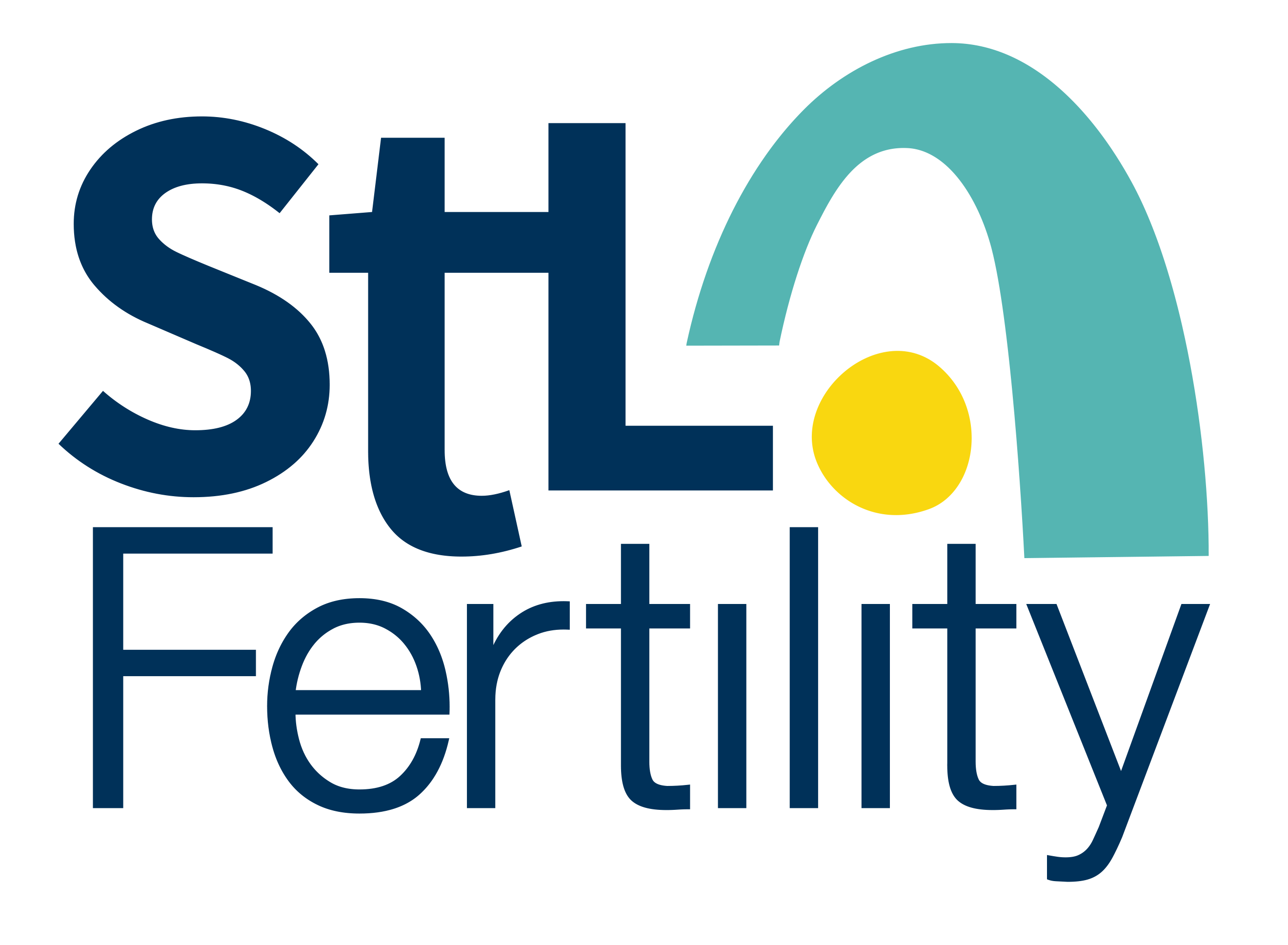This month is ‘National Endometriosis Awareness Month’. Instead of discussing its medical aspects, I thought it more appropriate to discuss the personal side of endometriosis.
Endometriosis is a benign gynecological condition where the uterine lining (endometrium) grows on pelvic structures outside the uterine cavity. It is true that is ‘benign’ from that standpoint of not being a form of cancer or malignancy. However, it is a medical condition that has long-term, even lifelong implications. From a gynecological perspective, endometriosis can cause extremely painful periods, severe pelvic pain even without menstruation, painful intercourse, and infertility.
Any and all of these symptoms can affect a person’s quality of life. And unfortunately, curative treatment renders a woman sterile. Endometriosis can only be definitively diagnosed with invasive surgery; it is only with surgery that one can determine the severity of the disease and the extent of its damage. There is little correlation between the severity of endometriosis and symptoms being experienced. However, there is correlation with the extent of endometriosis and its impact upon fertility.
I, myself, have Stage IV endometriosis and have suffered from many of the symptoms that I listed above; however, I was just diagnosed a few years ago. Before my diagnosis, I had multiple pregnancy losses and secondary infertility (the inability to get pregnant after being able to conceive in the past). I underwent IVF multiple times to increase the likelihood of getting pregnant and delivering a healthy child but it never worked, even though I had a >50% chance of success with each attempt. Happily, I now have a wonderful daughter and family despite my reproductive history. These experiences have given me unique personal and medical insight into the implications of having endometriosis.
We know that endometriosis impairs fertility by causing scarring within the pelvis, thus interfering with the transport of an egg/embryo through the fallopian tube.
We know that peritoneal toxins associated with endometriosis reduce the ability of an egg and sperm to fertilize and thus IVF is often the treatment of choice (so that these toxins are avoided).
But what about lesser known mechanisms? Activated Natural Killer cells can cause decreased fertility potential in women with endometriosis. Interestingly, approximately 30% of women with endometriosis have activated Natural Killer cells. This form of immunologic implantation dysfunction is a theory proposed and successfully treated by Dr. Sher. In fact, the Sher Institute for Reproductive Medicine stands alone in its understanding, assessment, and treatment for immunologic implantation dysfunction in women with and without endometriosis.
I think back to my multiple pregnancy losses and failed IVF cycles, when no one was able to figure out what could have been the underlying problem. And while I wasn’t officially diagnosed with endometriosis until much later, I’m sure that I had some endometriosis (perhaps Stage I) at the time of my miscarriages and treatments. My failed treatments simply may have been due, in part, to activated Natural Killer cell.
In a way, I’m fortunate to have experienced the impact of endometriosis so that I can better understand a patient’s perspective. Better yet, by being a physician, I can test patients for immunologic implantation dysfunction and treat them appropriately.
Think you may be suffering from Endometriosis? Request an appointment at SIRM St. Louis to meet with our skilled team of fertility specialists.
